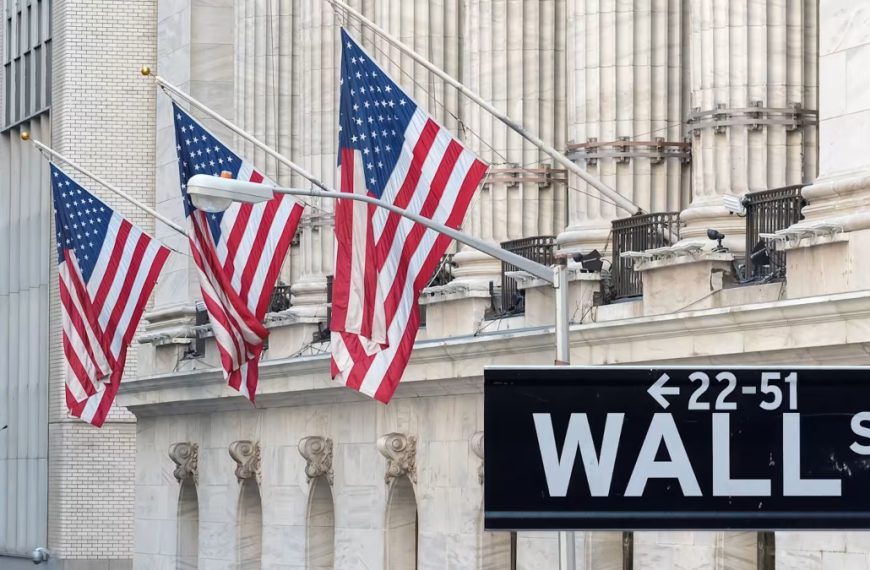In the world of stock trading, stories of success can often mask underlying truths. A recent investigation by the Securities and Exchange Board of India (SEBI) has unveiled a different narrative surrounding Asmita Patel, who branded herself as the She-Wolf of the Stock Market. Known as the so-called options queen, Patel operated the Asmita Patel Global School of Trading, where she claimed to manage a staggering portfolio worth Rs 140 crore. However, the reality revealed a much smaller turnover of just Rs 15.27 crore.
The Allure of Trading Courses
Patel’s school offered a wide range of courses designed to attract aspiring traders. Between 2019 and 2024, these programs amassed a total fee collection of Rs 104 crore. The courses included enticing names such as:
- Master’s in Price Action Trading
- Let’s Make India Trade
- Options Multiplier
- Trend Following Income System
- The Freedom Project
- OneLife
- Unleash The Trader Within
The cost of these courses was steep—around Rs 7 lakh for a seven-month program, which, after the 18% GST, rose to Rs 8.26 lakh. For context, this is nearly half the price of a two-year MBA at a premier institution like the Indian Institute of Management, which typically costs between Rs 16-27 lakh.
Promises and Pitfalls
Despite the high costs, Patel’s marketing promised that students would quickly recover their fees through trading profits. However, a SEBI study revealed that over 93% of individual traders in the futures and options segment experienced losses between 2022 and 2024.
Patel encouraged her students to view trading as a superior alternative to traditional employment, often advising them to withdraw from mutual funds and invest in stocks instead. In one of her lectures, she urged, “You can find multi-baggers yourself.” Alarmingly, she even suggested that students should take loans to finance their education, emphasizing that such borrowing should not exceed 18% interest.
Questionable Practices and Regulatory Scrutiny
The findings from SEBI’s interim report highlighted numerous discrepancies. For instance, students were allegedly offered options to pay fees in cash or through bank accounts linked to companies associated with Patel’s family. The school claimed that employees were misappropriating funds, despite the overwhelming evidence pointing elsewhere.
Patel went further by advising students to transfer their trading accounts to her management, a clear violation of existing regulations. Throughout her social media channels, she provided stock-specific advice, which SEBI categorized as investment advisory activities rather than educational services.
Consequences and Future Implications
As the promised returns failed to materialize, many students suffered significant financial losses, ranging from lakhs to crores. SEBI’s findings led to the freezing of Rs 53.67 crore from various entities linked to Patel and her husband, Jitesh Patel. The regulator issued a show-cause notice for the potential disgorgement of Rs 104.62 crore, including course fees.
The crackdown on Patel and other prominent figures in the financial influencer space reflects SEBI’s commitment to enforcing stricter regulations. However, the troubling reality remains that individuals like Patel managed to deceive investors for 15 years, raising concerns about the effectiveness of current oversight mechanisms.
In the ever-evolving landscape of trading education, vigilance and transparency are paramount. Aspiring traders should approach such opportunities with caution, ensuring they are well-informed before investing their hard-earned money.











